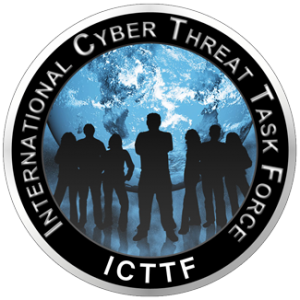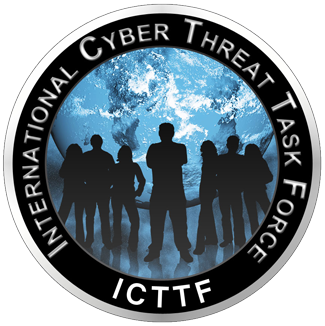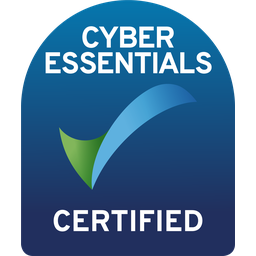DORA and ICT Risk Management
Navigating ICT Risk Management Under DORA: A Guide for the Financial Sector
In the digital age, the financial sector’s operational resilience is increasingly tested by a myriad of cyber threats and ICT disruptions. The Digital Operational Resilience Act (DORA) represents the European Union’s strategic response to these challenges, setting out a robust framework for ICT risk management. This blog post aims to elucidate the key aspects of ICT risk management within DORA, providing senior financial sector members with actionable guidance to enhance their compliance posture.
The Imperative of ICT Risk Management in DORA
DORA’s emphasis on ICT risk management underscores its criticality in safeguarding the financial sector’s stability. With the growing complexity and frequency of cyber incidents, financial entities must fortify their defences to protect critical systems and sensitive data. DORA mandates a minimum risk management framework to address these evolving cybersecurity threats, ensuring the continuity and integrity of financial services.
DORA’s ICT Risk Management Requirements
DORA delineates several requirements for a comprehensive ICT risk management framework:
Governance and Policies: Establishing clear governance structures and policies for ICT risk management is paramount. This includes the segregation of duties and ensuring that control functions are independent to prevent conflicts of interest.
Asset Management: Financial entities must maintain an accurate inventory of ICT assets, enabling them to identify and mitigate potential risks effectively.
Risk Assessment and Mitigation: Regular risk assessments are required to identify vulnerabilities and implement appropriate mitigation strategies.
Incident Detection and Response: An effective mechanism for the prompt detection and response to ICT-related incidents is essential.
Business Continuity Management: Entities must develop and test ICT business continuity plans to ensure service continuity during disruptions.
Digital Operational Resilience Testing: Regular testing of ICT tools, systems, and processes is mandated to assess their resilience to operational disruptions.
Third-Party Risk Management: DORA calls for diligent oversight of risks associated with outsourcing ICT services, including cloud computing.
Actions for Compliance with DORA’s ICT Risk Management
To align with DORA’s ICT risk management requirements, financial entities should:
Develop and Review ICT Risk Policies: Create comprehensive ICT risk management policies and review them annually or following major ICT-related incidents.
Conduct Thorough Asset Management: Keep a detailed and current record of all ICT assets, ensuring their protection against various risks.
Perform Regular Risk Assessments: Assess ICT risks continuously and adapt mitigation strategies to evolving threats.
Establish Incident Response Plans: Implement and test incident response plans to ensure swift action in the event of an ICT-related incident.
Engage in Resilience Testing: Undertake threat-led penetration testing and other resilience testing exercises in line with the TIBER-EU framework.
Manage Third-Party Risks: Assess and manage the risks associated with third-party ICT service providers, ensuring they meet DORA’s standards.
Conclusion
ICT risk management is a cornerstone of DORA, reflecting its integral role in the operational resilience of the financial sector. Senior members must approach DORA’s requirements with a holistic mindset, recognising the interconnectivity of various compliance aspects. By embedding ICT risk management into the organisational fabric, financial entities not only adhere to regulatory expectations but also contribute to the sector’s collective cyber defence. Embracing DORA’s principles is not just about compliance; it’s about ensuring the enduring resilience and trustworthiness of Europe’s financial ecosystem.


